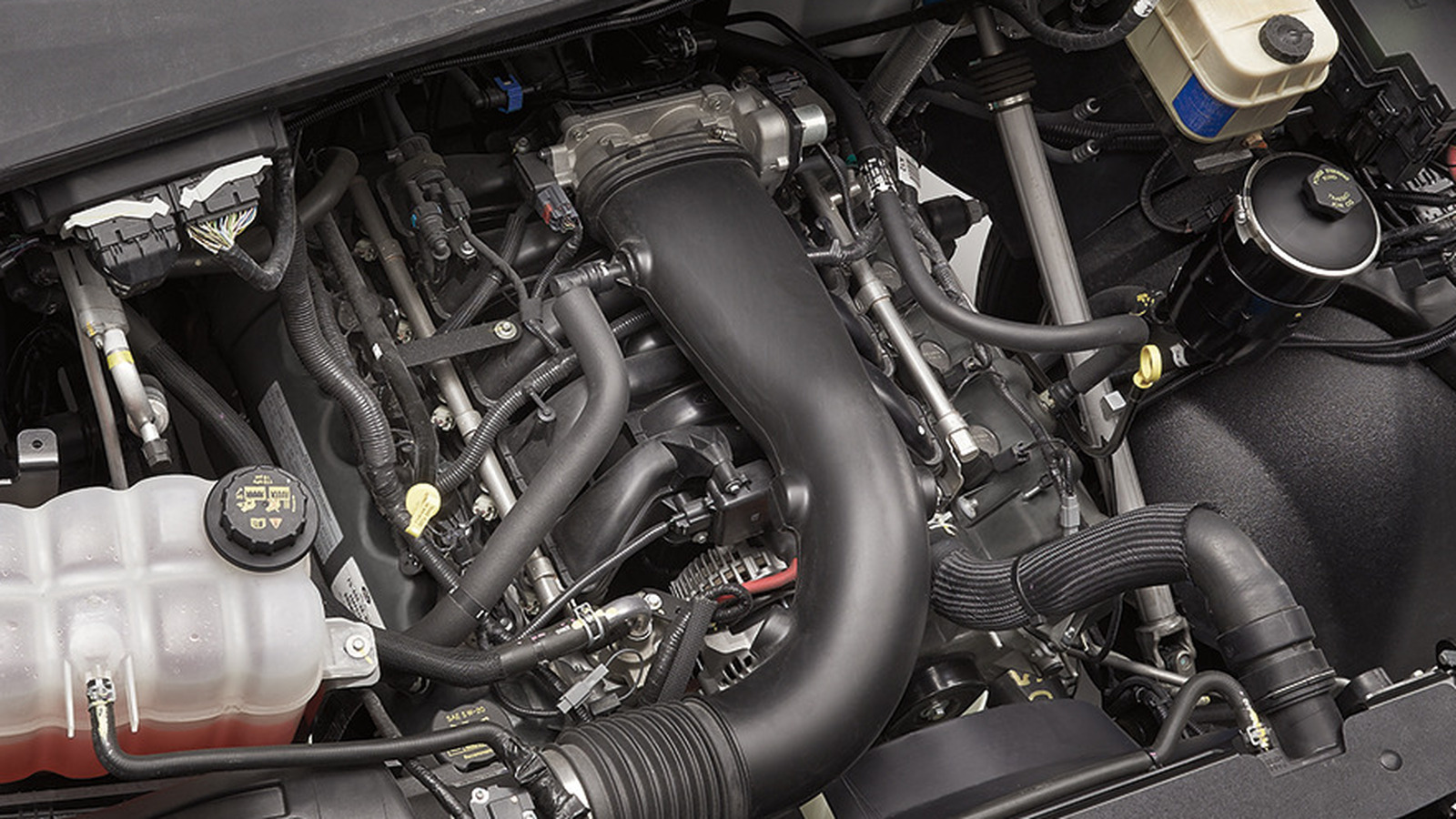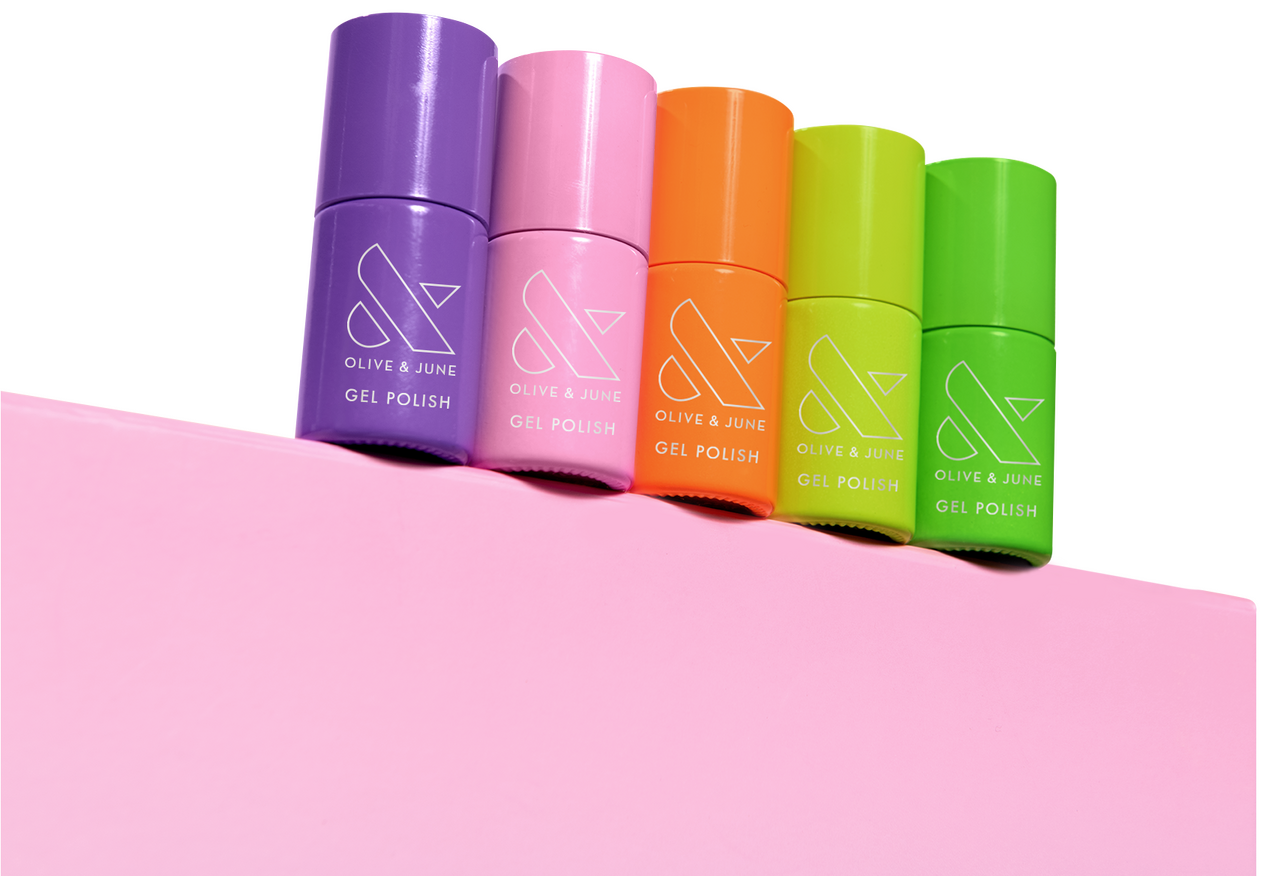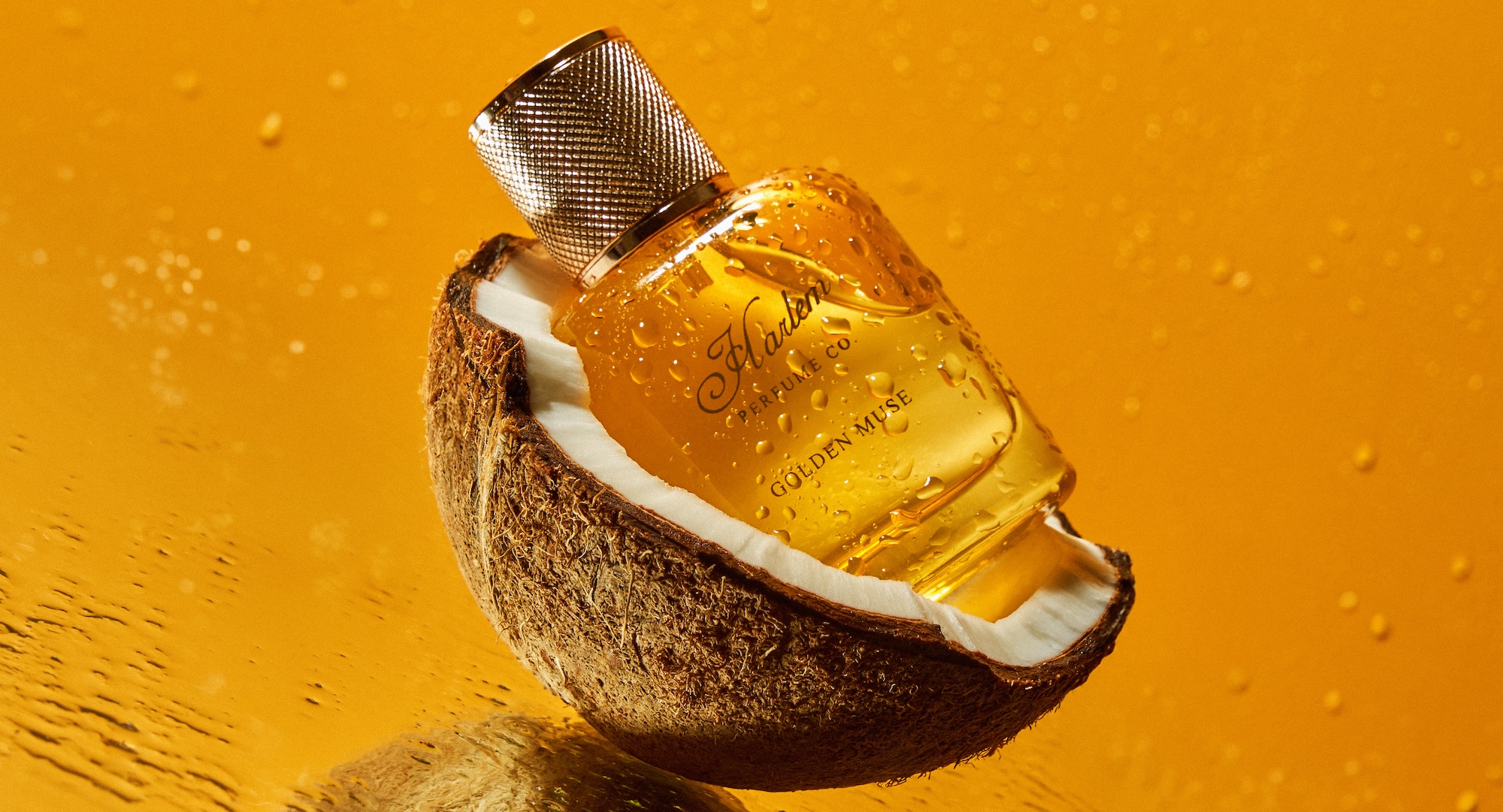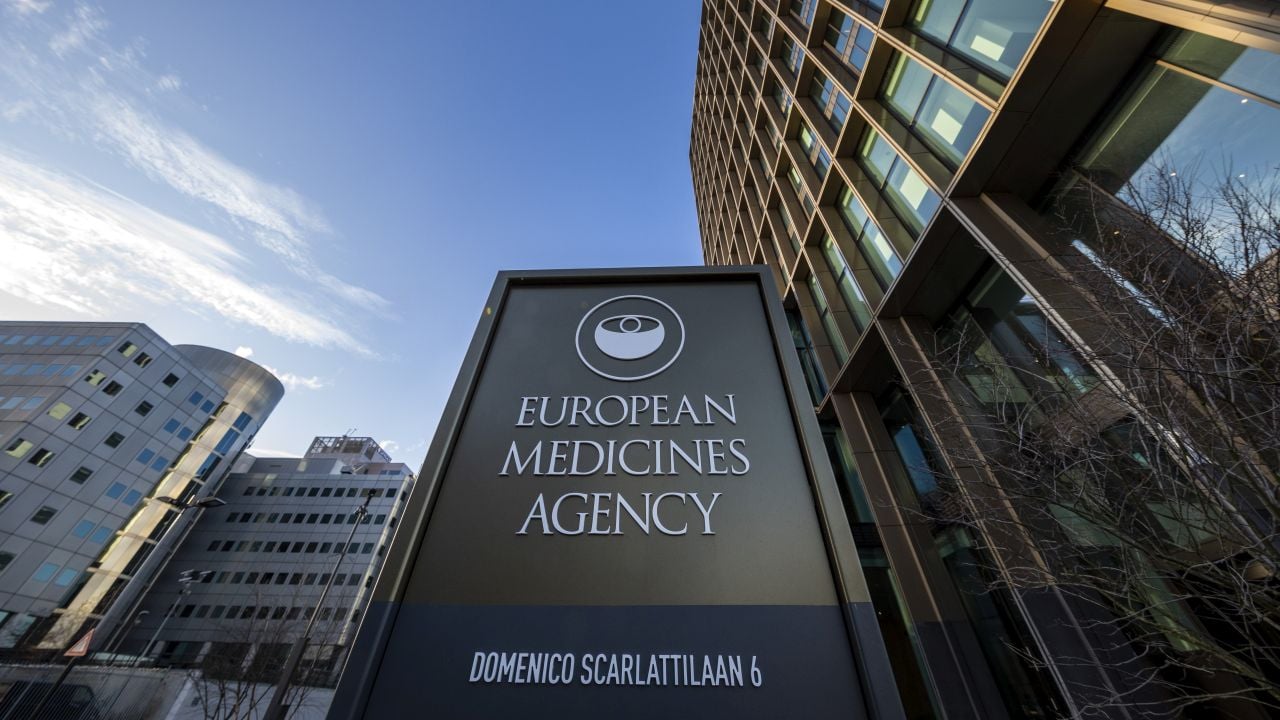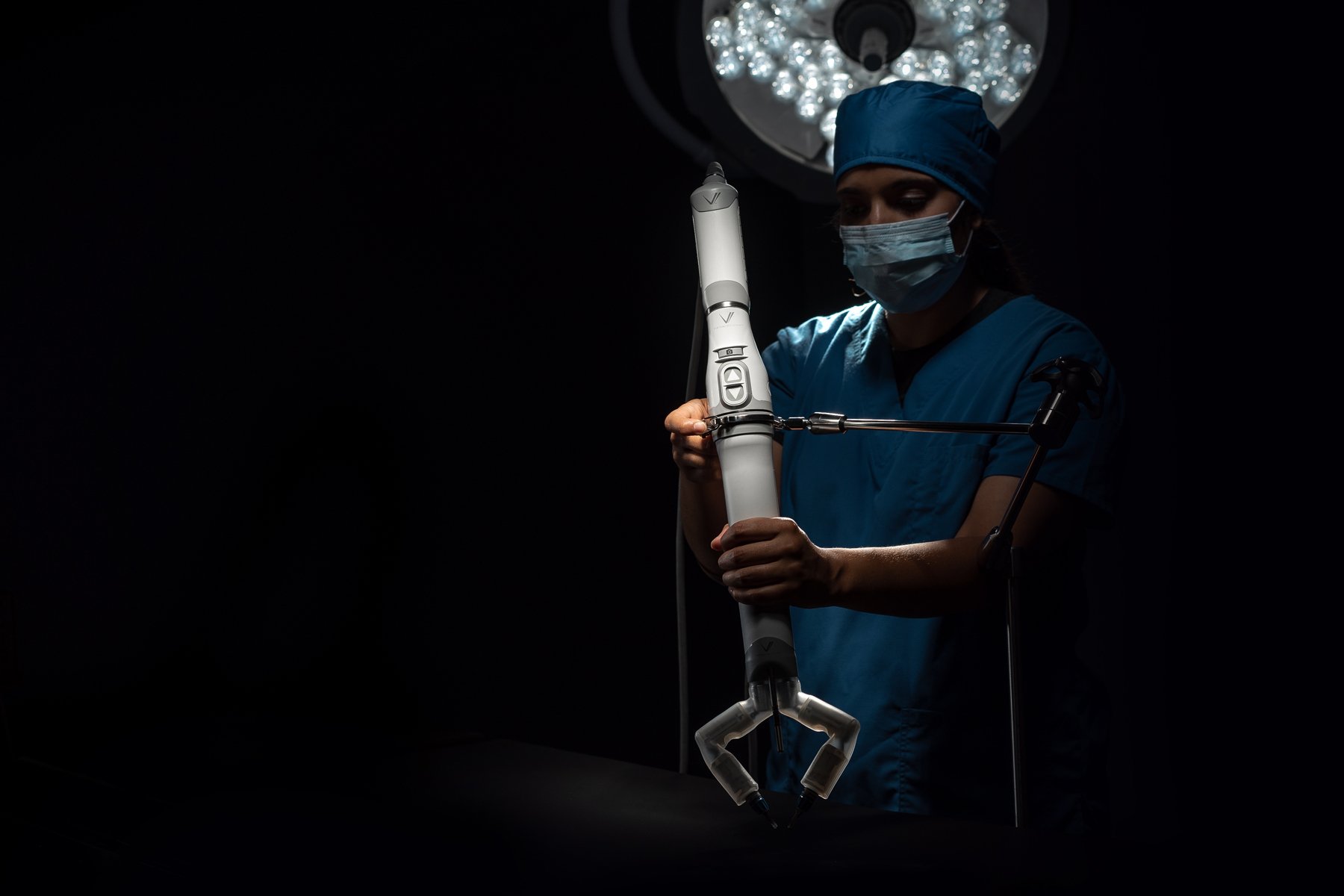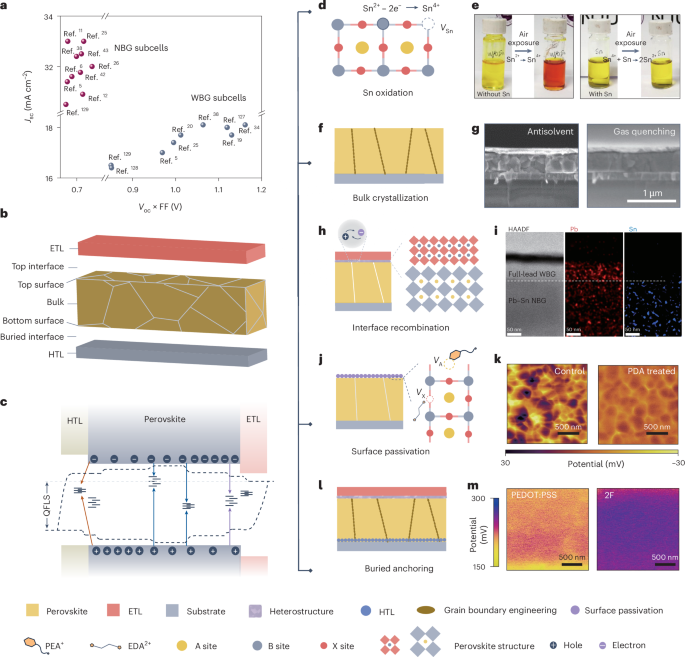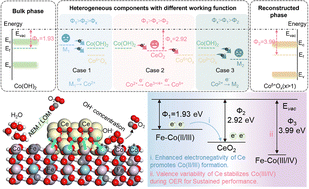Design and Evaluation of Biodegradable Self‐Immolative Lipids for RNA Delivery
Advanced Healthcare Materials, EarlyView.

A new family of ionizable cationic lipids called “Self-Immolative Lipids” (SILs) have been tested for mRNA encapsulation and delivery. This innovative lipid architecture is designed to overcome a critical challenge in non-viral gene therapy: the need for a delivery vector that is both efficacious and stable during biodistribution while remaining biodegradable upon reaching the target cell.
Abstract
Lipid nanoparticle (LNP) is a proven platform for the safe and efficacious delivery of nucleic acid-based therapeutics. Regulatory approvals of Patisiran, and mRNA vaccines against Covid-19 are testaments to this fact. A key requisite for enabling a safe and biocompatible delivery system is the quick degradation and elimination of the various lipid components comprising the LNPs. Here, a new family of ionizable cationic lipids called “Self-Immolative Lipids” (SILs) is reported. This innovative lipid architecture is designed to overcome a critical challenge in non-viral gene therapy: the need for a delivery vector that is both efficacious and stable during biodistribution while remaining biodegradable upon reaching the target cell. These lipids demonstrate high stability in serum, required for the efficient delivery of the cargo, and an efficient bio-degradation profile under the reducing conditions of the cytosol through a sequence of initial disulfide reduction and subsequent self-elimination reactions resulting in the complete degradation of the lipids to facilitate elimination. These lipids demonstrated improved or equal activity and increased biodegradability compared to MC3, the ionizable lipid used in the first clinically approved LNP called Patisiran.








